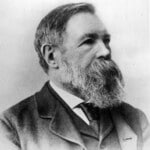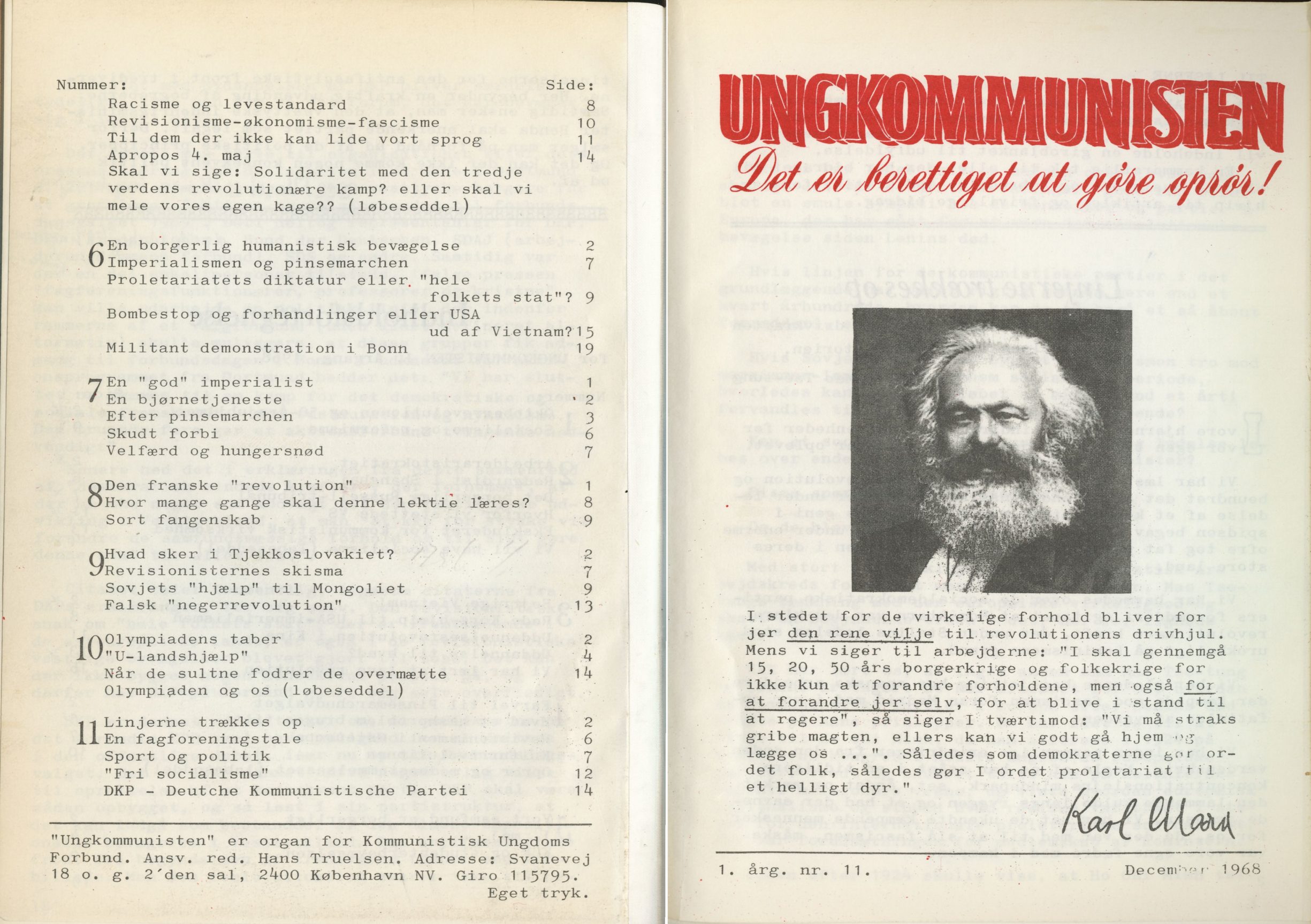About the text:
From: On Colonies, Industrial Monopoly and Working Class Movement, Futura, 1972, 57 p., p. 31.
(Extract)
What do you say to the elections in the factory districts? Once again the proletariat has discredited itself terribly. Manchester and Salford return three Tories [6] to two Liberals, including moreover the milk-and-water Bazley. Bolton, Preston, Blackburn, etc., practically nothing but Tories. In Ashton it looks as if M. Gibson went to the wall. Ernest Jones nowhere, despite the cheering. Everywhere the proletariat is the tag, rag and bobtail of the official parties, and if any party has gained strength from the new voters, it is the Tories. The small towns, the half-rotten boroughs, are the salvation of bourgeois liberalism and the roles will be reversed: the Tories will now be in favour of more members for the big towns and the Liberals for unequal representation.
Here (Manchester) the electors have increased from 24.000 to quite 48.000, while the Tories have increased their voters from 6.000 to 14.000-15.000. The Liberals allowed much to slip by them and Mr. Henry did a lot of damage, but it cannot be denied that the increase of working-class voters has brought the Tories more than their simple percentage increase; it has improved their relative position. On the whole this is to the good. It looks at present as if Gladstone will get a narrow majority and so be compelled to keep the ball rolling and reform the Reform Act; with a big majority he would have left it all to Providence as usual.
But it remains a disastrous certificate of poverty for the English proletariat all the same. The parson has shown unexpected power and so has the cringing to respectability. Not a single working-class candidate had a ghost of a chance, but my Lord Tumnoddy or any parvenu snob could have the workers’ votes with pleasure.
The clamour of the liberal bourgeois would amuse me greatly were it not for this collateral circumstance.
—–
[6] English bourgeois political party stemming from 1679 when Jacob II’s followers created a party under the name of Tory, in connection with the Reform Bill of 1832 the name was changed into the Conservative Party.
MEOB p. 545.
The complete text can be found online at History Is A Weapon.



























